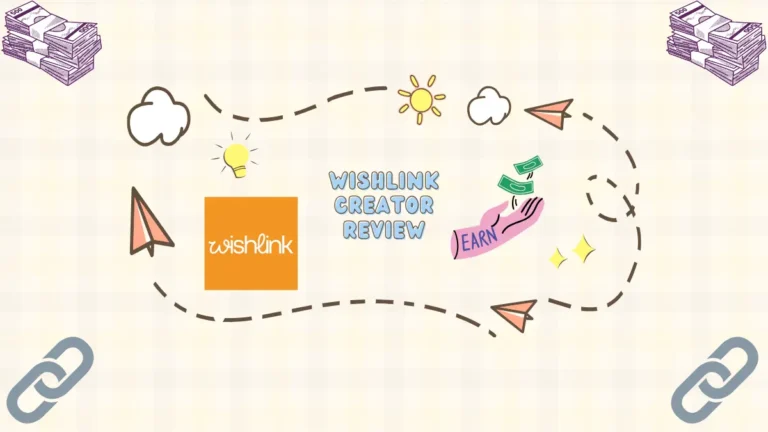Do you need to automate your business workflow? Then, without an ERP system, you cannot achieve it easily. Control ERP provides you with automated solutions to connect a business with all its departments. It ensures higher operational efficiency, better cost control, and an increased profit level.
However, while searching for ERP solutions, you will get two options- cloud-based and on-premise. You have to decide on the way of deploying the software. The on-premise system is installable on your server and computer system, while the cloud-based one is deployable on the cloud platform. Find the difference between these two types of ERP software applications.
Time and cost differences–
The up-front cost to buy and manage on-premise ERP is higher. When your business has no IT team, you must engage the right employees for the system management. Moreover, you need to have a proper infrastructure to deploy this software. That is why it is cost-intensive and time-consuming.
With the Cloud ERP, you will have no setup and deployment problems. You need to pay a fee for subscription, as it includes software and hardware costs. The cost for this cloud-based solution is lower than that of the on-premise one. Moreover, you need minimal deployment time for the cloud software.
It takes 3 to 6 months to deploy cloud-based ERP, while the on-premise platform needs 12 months for the deployment.
Scalable and integration opportunities–
You know that the best ERP systems enable you to integrate other applications. It is much complicated to integrate third-party systems to your on-premise software. There is a chance of the failure of integration.
On the contrary, when you have chosen one of the cloud ERP solutions, your service providers manage the overall integration process. You will find a seamless solution with this software.
Another relevant factor to the ERP users is scalability, as it is important for a growing business. The best cloud based ERP software is a highly versatile and scalable solution when you have an increasing number of software users.
You will not get these advantages with the on-premise ERP software. You may also need to use additional hardware systems to manage it.
System refinements and upgrades–
Although on-site ERP applications are customizable, these customizations are related to your software deployment. Moreover, they are not easily re-implementable. When the vendor has released product updates, you will not find anything about your customizations. Thus, your team needs to make a fresh effort to customize the software. It results in the wastage of time, and that is why some companies think of continuing the use of ERP without any upgrade.
On the contrary, cloud ERPs undergo continuous upgrades done by vendors. You have an opportunity to use the latest version. Nowadays, several applications are developed on cloud platforms, and the cloud-based ERP will be an advantageous option. Your previous integrations and customizations will have no effect due to upgrades. Moreover, you do not need to make additional investments for it.
Performance standards- Cloud versus on-site–
A cloud-based ERP application is the perfect choice for SMEs and startups. It is true that both on-premise and cloud-based programs are best for your business activities, SMBs may not have resources to ensure optimal performance. Thus, to save costs, they can rely on the best cloud systems.
Lots of big companies have a large IT team and several resources. That is why they find no issue in using the on-site ERP software. Multiple servers in different sites and 24-hour IT staff are essential to ensure the best performance of the on-premise software.
Small companies do not have the financial strength to invest in these things. They can choose cloud ERP implementation as the right alternative.
Data security standards- Cloud versus on-site-
When you choose on-premise ERP, your company will be responsible for data control and security. However, without implementing the best security protocols, your data may be at risk.
With the cloud based ERP software for small business, the vendor hosts it and makes it accessible through the browser. To protect the data, you have to implement encryption technologies.
Now, you can compare these two options and make the right decisions on systems. Every business has different needs, and thus, it must focus on every factor to choose the better version.
Also read about: Why Cybersecurity is Important in Your Business’s Digital Marketing



